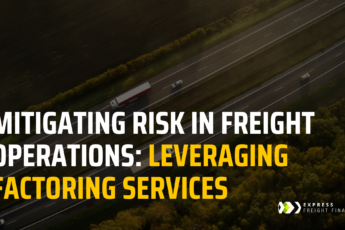We are used to hearing about scams targeting the elderly, and even scams involving getting people’s credit card numbers by pretending to be computer technicians. However, the latest scam comes in the form of a DOT email and targets truckers to bilk them out of money.
Local and National DOT Email Scams
A few days ago, reports started popping up in Wisconsin about emails informing truckers that they need to file their biennial registration. Links in the emails lead to websites which are not in any way affiliated with the FMCSA, USDOT, or any state-run departments.
The goal of the email is to get truckers to go to these fake sites and pay a fee to file their DOT biennial update. The biennial filing can be completed for free on the official FMCSA site. There has been no change that requires truckers to pay for their biennial registration, and that is one of the tell-tale signs of a scam.
How to Recognize a DOT Email Scam
In this digital age, scams are rarely run by a single person, and where there is one scam, other similar-looking ones are bound to start popping up. This sort of thing is not just going to be contained to Wisconsin; other people will start running similar DOT email scams in other states as well.
Fortunately, there are a few things to look for when you receive letters from the DOT or the FMCSA to figure out if they are part of the DOT email scam or not:
- Make sure all logos in the email look correct and aren’t “off.”
- Typos and bad sentence structure could indicate the email is fake.
- No contact information included.
- Check the sender’s email address to make sure the email is coming from an official department.
- Check any links before you click on them to make sure they go to legitimate websites (usually with “.gov” in the domain). Remember, if a scam can’t get money out of you one way, they may try another, and links that install ransomware are popular among scammers.
Above all, if you receive one of these scam emails, report it to the authorities, and let people know. The more information is available, the more people can be on the lookout for – and avoid – scammers.






